
Philadelphia examines crisis in Puerto Rico
In a packed auditorium inside of the Historical Society of Pennsylvania, community leaders, activists and guests lined up to attend the special event, Latino Politics: Philadelphia and Puerto Rico. During the impressive panel discussion, notable community leaders discussed the rich and unique history shared between Puerto Rico and Philadelphia.
The panel was framed around several questions that focused around how Puerto Ricans can organize themselves and what assistance could be given to help those with family still on the island.
“And as my cousins on the island tell me, ‘When you’re voting in November Ralph, you’re voting for us too,’” Rafael Collazo, political director of national council of La Raza and moderator of the panel.
Johnny Irizarry, director of La Casa Latina at the University of Pennsylvania, gave a comprehensive overview of the background surrounding the discussion. Irizarry highlighted facing racial tensions, inequality as well as financial hardship. Irizarry especially focused on the inception of Puerto Communities in Philadelphia, covering everything from the Republican Society of Cubans and Puerto Ricans that was started in 1865, to the first company of native Puerto Ricans in 1899.
The legacy of Puerto Ricans throughout the diaspora extends almost as far back as the founding of the United States. “And if we combine the relationship Puerto Rico has with the United States to that of Spain, we’re talking 500 years at a similar status,” Collazo added.
From civil service to entrepreneurship, various leaders have helped shape and build the communities with significant Puerto Rican populations, one of them being Asociacion Puertorriquenos en Marcha (APM), run by Nilda Ruiz, president of the organization and co-chair of the Pennsylvania for Puerto Rico chapter of the National Puerto Rican Agenda. Since 1970, APM has grown significantly in helping Puerto Ricans and Latinos throughout Philadelphia in all areas of service. Most notably, the affordable housing market.
Combating “redlining,” a practice that includes raising the pricing or houses for certain ethnic groups, as well as gentrification, these housing efforts have kept Puerto Ricans in their communities at affordable rates.
“I look at North Philly and I see how we have transformed that area,” Riz stated, noting the organization built “over 500 units of [affordable] housing.”
The issue of affordable housing in North Philadelphia converged with the issue of the debt crisis when the panelists discussed the rising numbers of Puerto Ricans in the city. With Pew Research projecting that the island population would decrease to 2.98 million by 2050, the number of Puerto Ricans on the mainland can only continue to rise.
“Migration happens because there are economic issues that cause surge, where economic improvement can come… and Puerto Rico is no different,” stated Carmen Febo-San Miguel, executive director of Taller Puertorriqueno, known as El Corazón Cultural del Barrio (The Cultural Heart of Latino Philadelphia).
And while the sense of hopefulness and mobility within Philadelphia’s Puerto Rican community seemed to rise, there was a sense of disillusionment amongst the panelists.
CONTENIDO RELACIONADO
“In Puerto Rico we wanted to believe, and the United States wanted us to believe that Puerto Rico is a commonwealth,” Miguel said. “The crisis in Puerto Rico right now and the latest decisions in the Supreme Court very clearly bring to a head the reality that the relationship between the United States and Puerto Rico is a colonial relationship.”
The crisis in Puerto Rico was not only a key issue at the Hispanic Caucus during the Democratic National Convention, but also at the panel. Facing $72 billion in debt, Puerto Rico has recently been provided a fiscal board appointed by the United States government to oversee the repayment of the debt.
“We wanted Chapter 9,” said Ruiz. “It’s like when you have a house. You apply for Chapter 9 and you lose everything but your house. That’s what we wanted for Puerto Rico. We didn’t want them to lose the airport, electric company.”
While Puerto Rico was not granted Chapter 9 status because of not being a state, they were supplied with a fiscal advisory board. The bill that enacted this board, the Puerto Rican Oversight, Management, and Economic Stability Act (P.R.O.M.E.S.A.) has been an issue of contention in and out of the Puerto Rican community. As Carmen San-Febo Miguel stated, many believe the enactment of this law reinforces Puerto Rico’s colonial status.
Ruiz, stated that she and several community leaders would contact current members of congress and report their stance on the issue of the debt crisis in Puerto Rico. She noted that with this information, Puerto Rican voters can be more informed on how politicians feel about an issue that affects not only them but also their families who remain on the island.
The issue of statehood or independence was quickly added to the conversation. Many noted that if Puerto Rico were to become the 51st state, it would be the first state with all Latino representatives. “The first issue on the agenda should be decolonization,” stated Ruiz.
The panelists added that Puerto Ricans are largely divided on the issue of statehood and independence. However, both parties agree that an end to the current status of the island as a commonwealth will fix many problems.
“I wanted to point out… we got American citizenship out of [the Jones-Shafroth Act] but we also got taxes… everything that comes in and out of Puerto Rico has to be with American vessels...it’s really difficult [to compete],” said Ruiz.


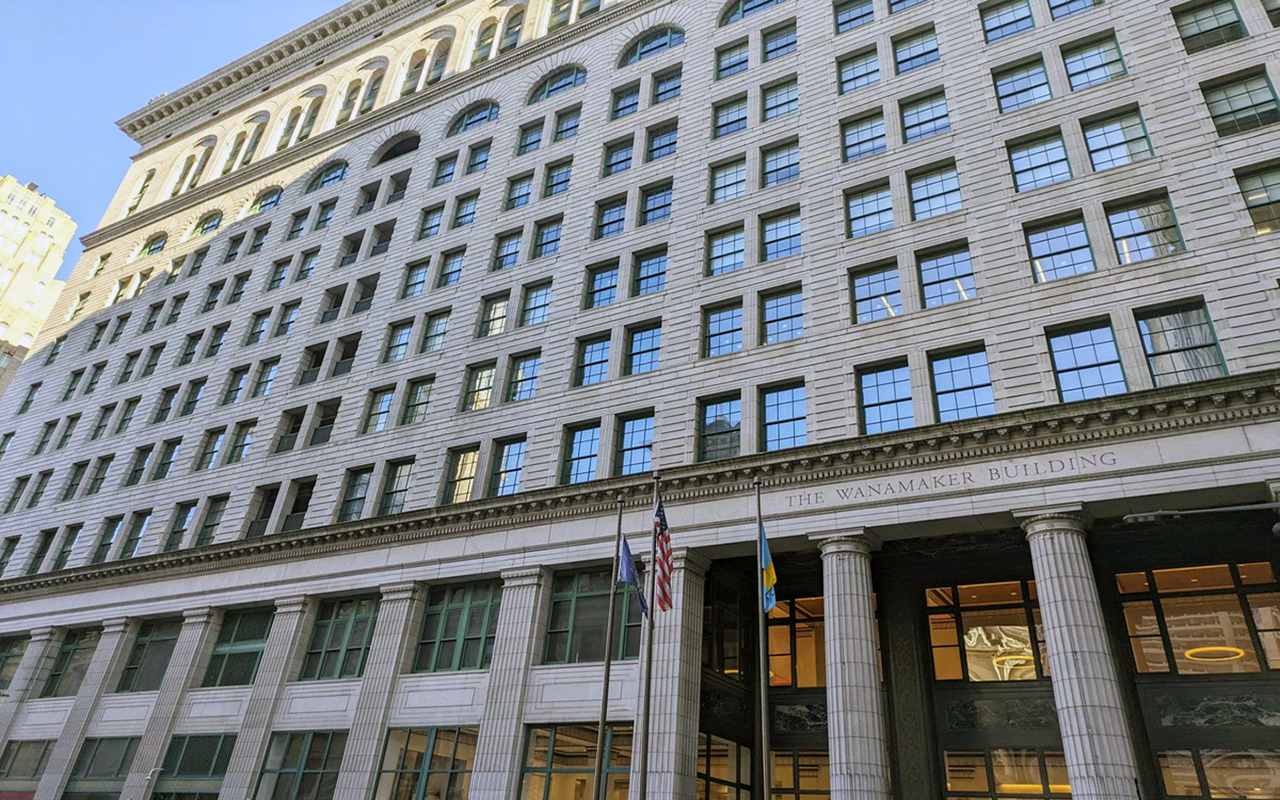
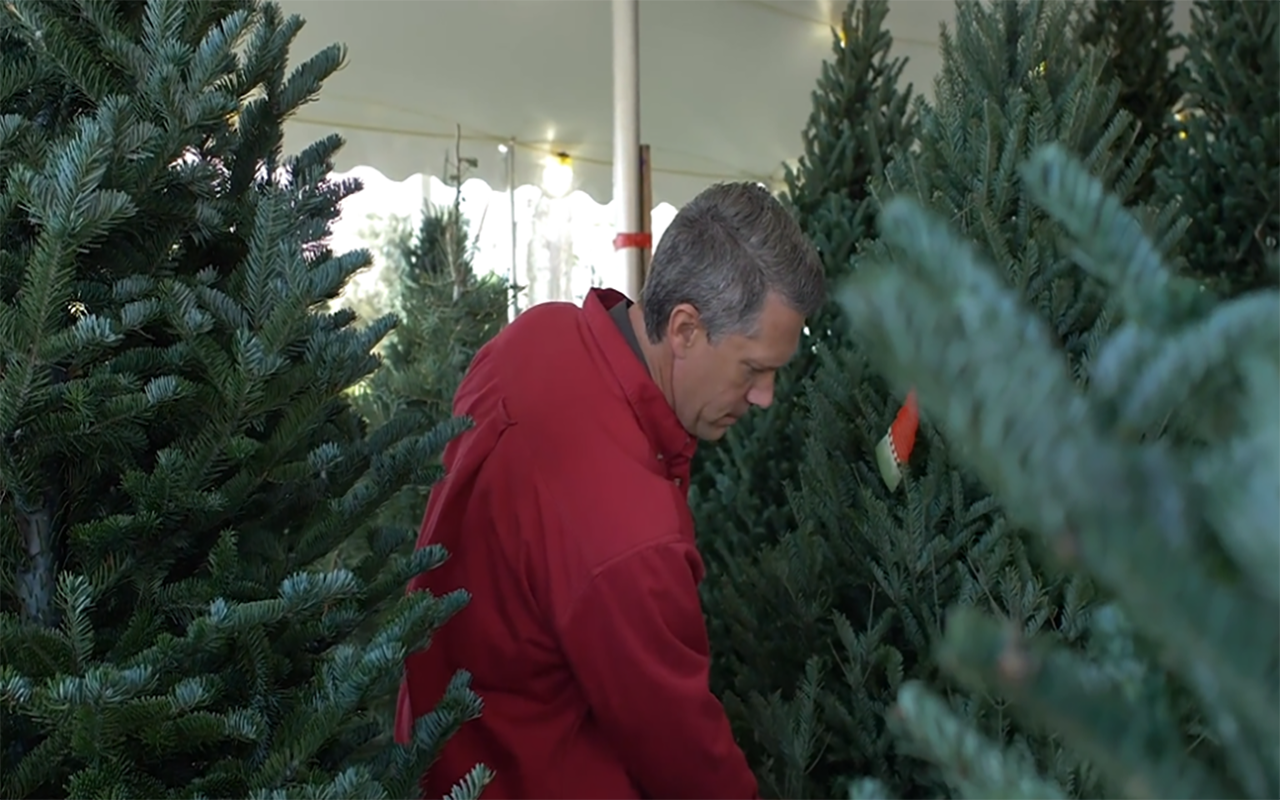
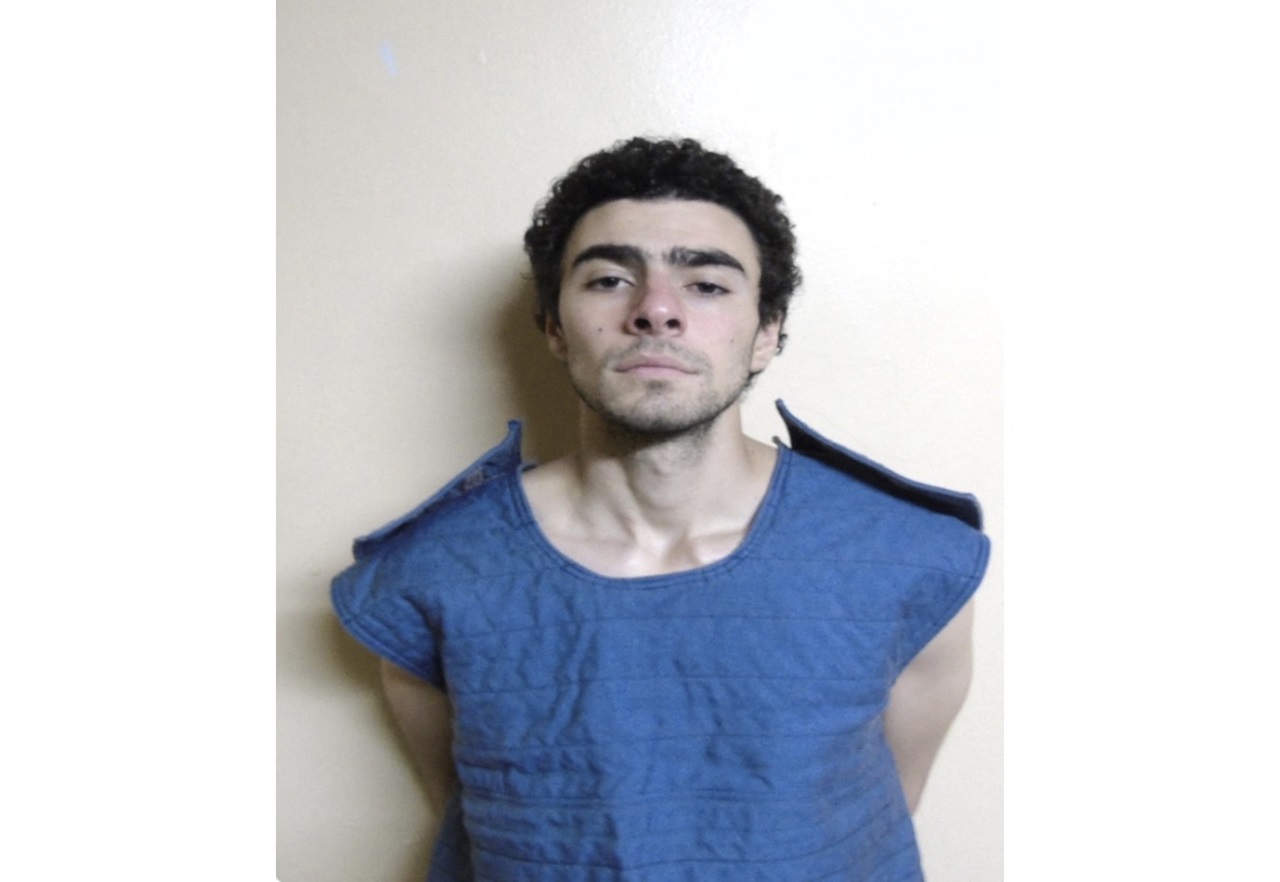

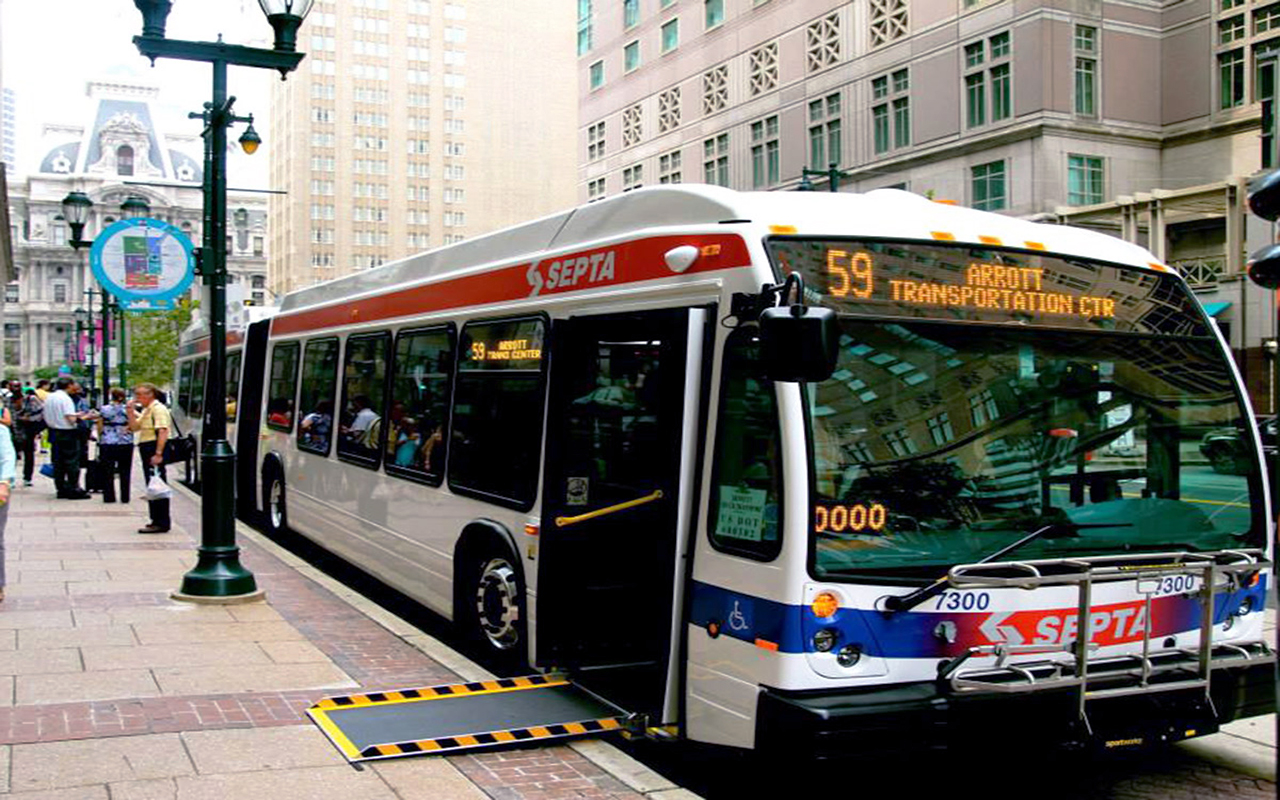
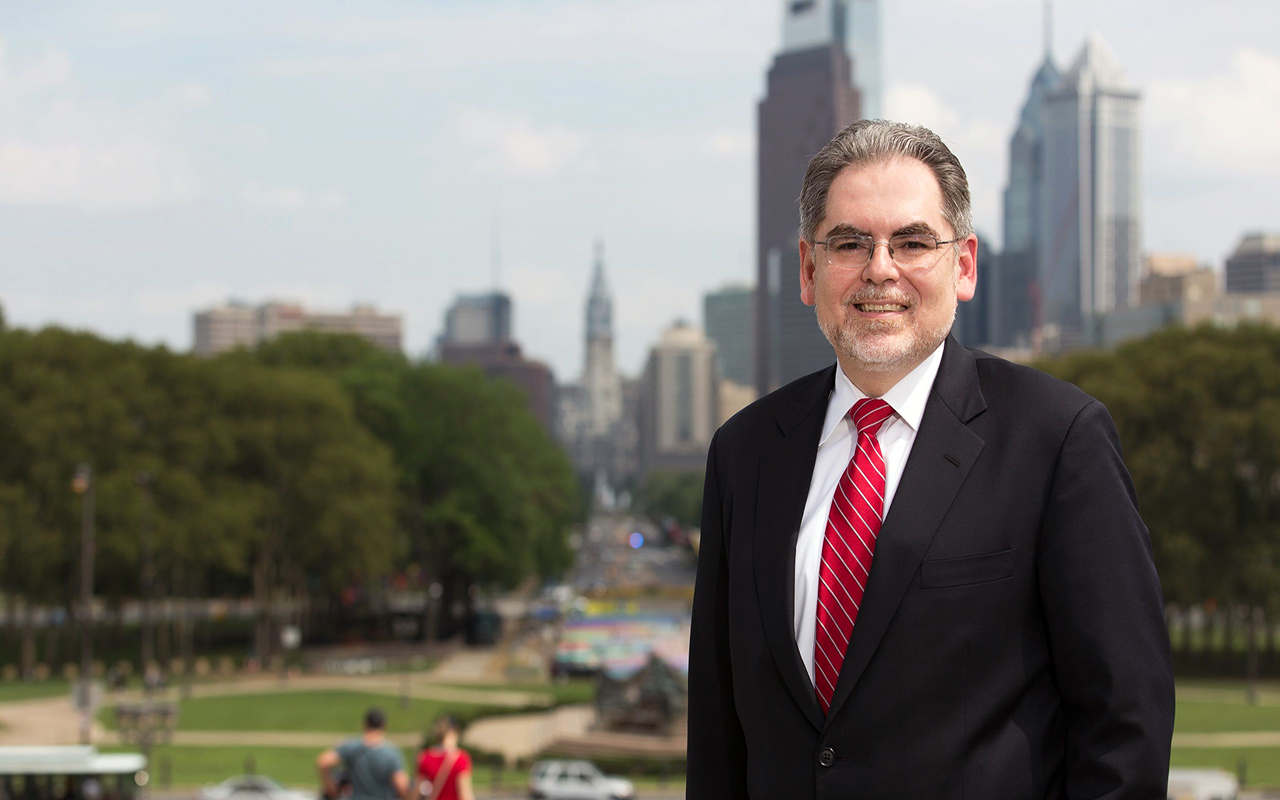

DEJE UN COMENTARIO:
¡Únete a la discusión! Deja un comentario.